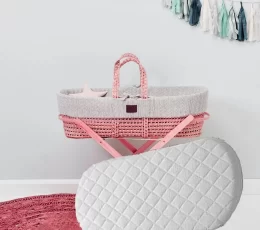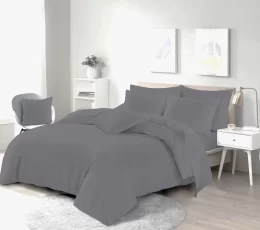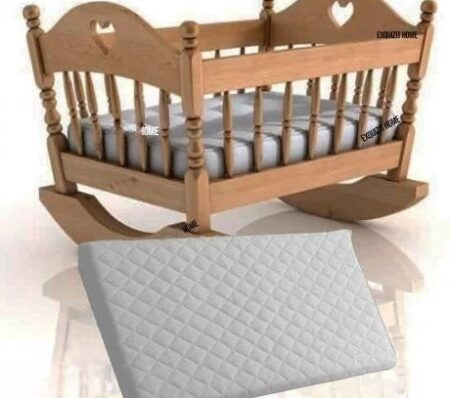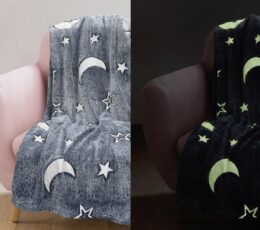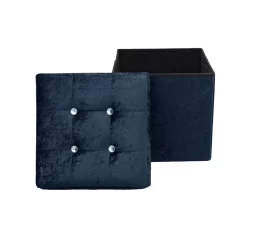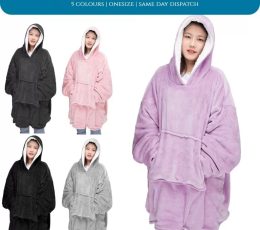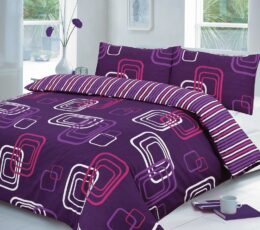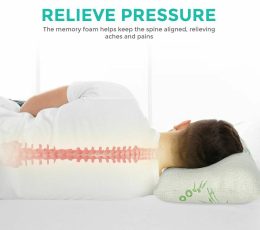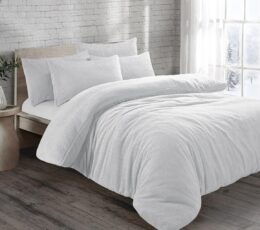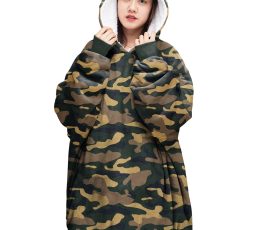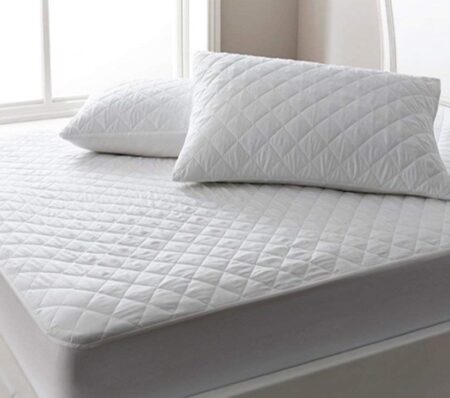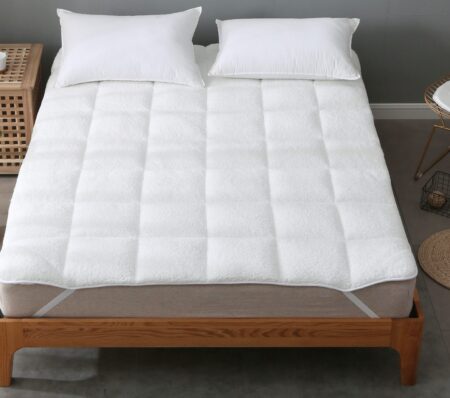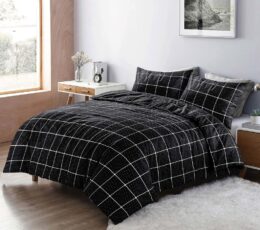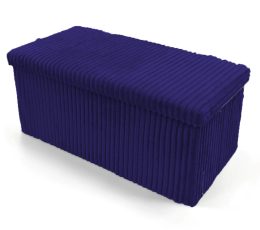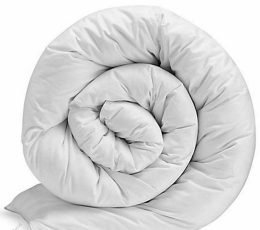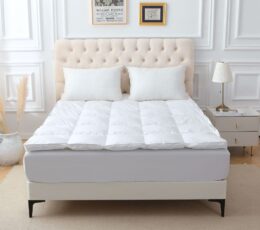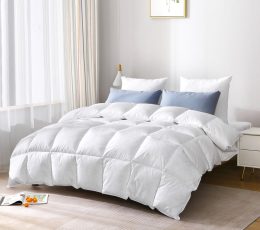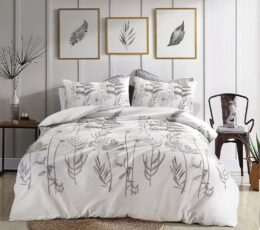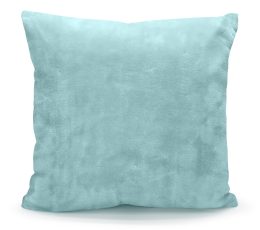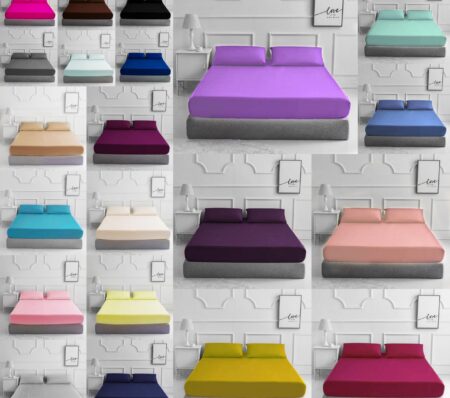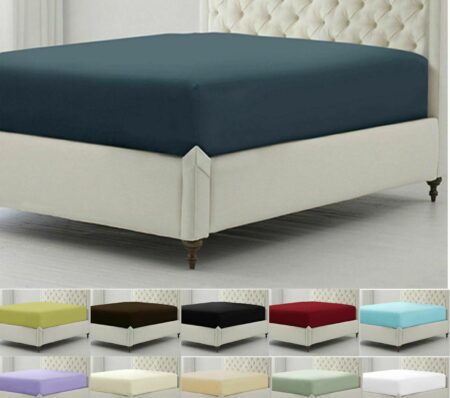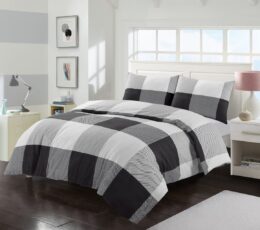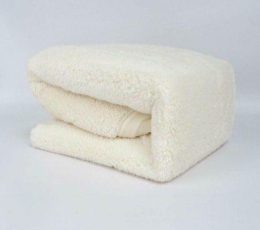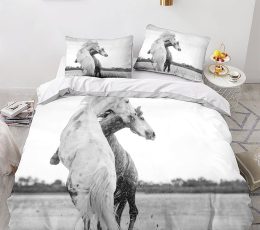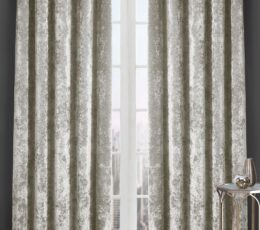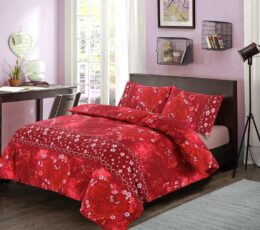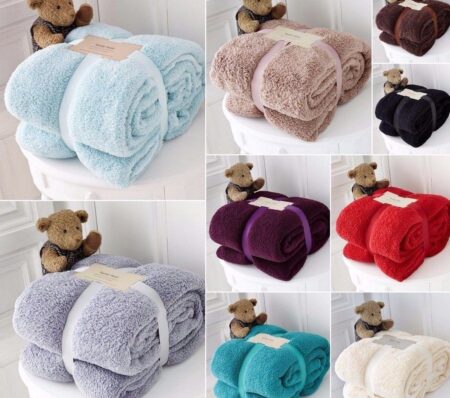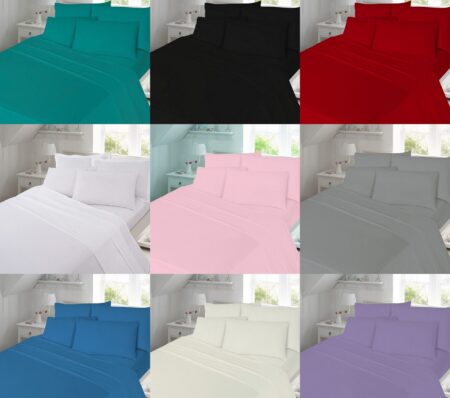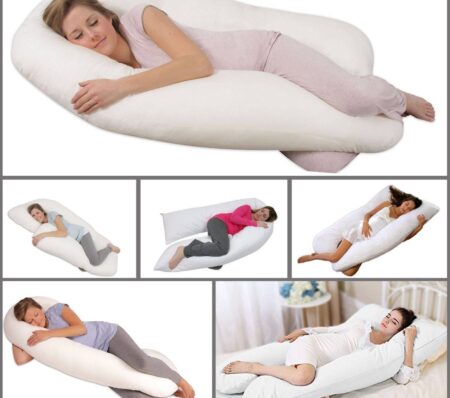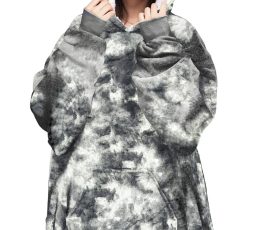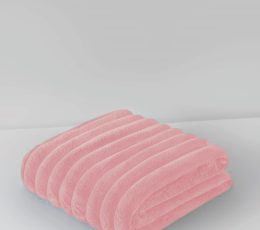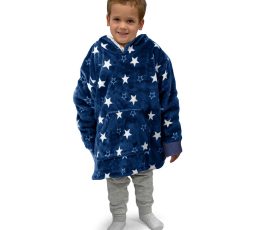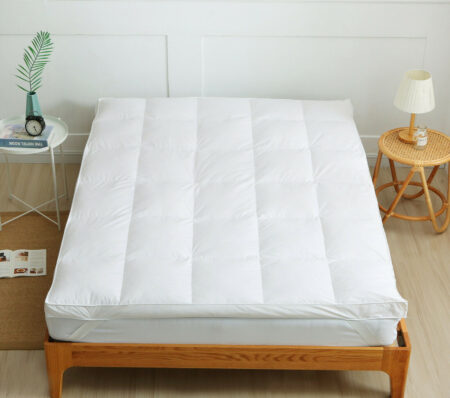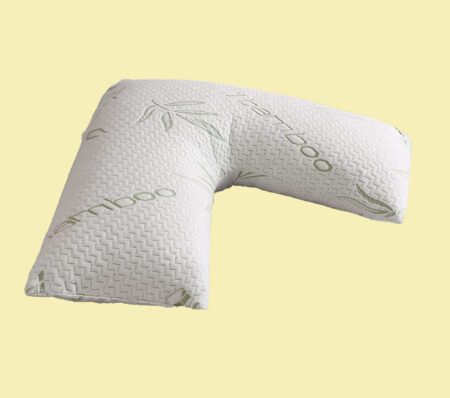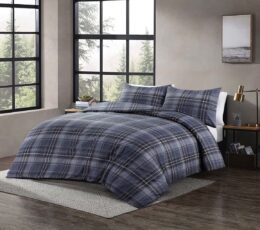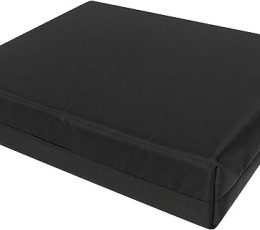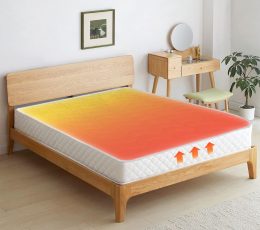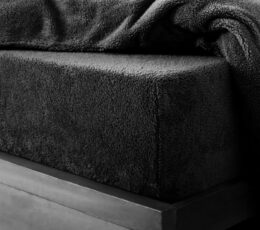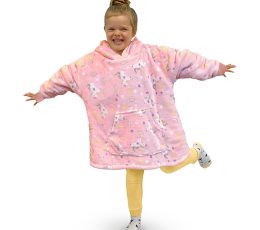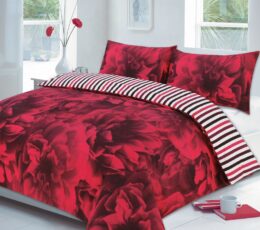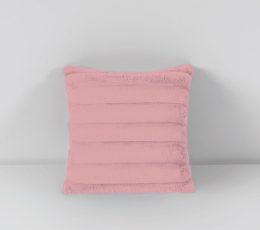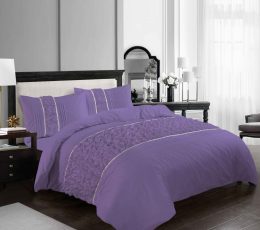Selecting the hotel quality pillows is crucial for ensuring a good night’s sleep, especially for back sleepers. Back sleepers have unique needs for pillows, as proper support is essential to maintain spinal alignment and prevent discomfort. In this guide, we will explore the importance of choosing the perfect back sleeper pillow, its benefits, and provide tips on finding the ideal one.

Should Back Sleepers Use a Pillow?
Whether back sleepers should use a pillow is often debated among sleep experts. While some argue that back sleepers may not need as much support from a pillow as side or stomach sleepers, the consensus is that using a pillow can still offer several benefits for individuals who prefer sleeping on their backs and make sure the pillow comes under the pillow guide.
One of the primary reasons back sleepers should use a pillow is to maintain proper spinal alignment. The spine’s natural curvature should be supported when lying on the back to prevent strain and discomfort. A pillow placed under the head and neck can help achieve this alignment by providing support and preventing the head from tilting too far forward or backwards.
Additionally, using a pillow can help alleviate pressure points and reduce the risk of developing neck pain or stiffness. Without adequate support, the weight of the head may cause the neck muscles to strain, leading to discomfort upon waking. A pillow designed for back sleepers can help distribute the weight evenly and cushion the head and neck, resulting in a more comfortable sleep experience.
Benefits of Back Sleeper Pillow
Investing in a back sleeper pillow offers numerous benefits that can significantly improve sleep quality for individuals who prefer sleeping on their backs. Some of the key benefits include:
- Proper Spinal Alignment: A back sleeper pillow cradles the head and supports the spine’s natural curvature, promoting proper alignment throughout the night. This alignment helps reduce strain on the neck and back muscles, leading to a more comfortable sleep experience.
- Neck Pain Relief: Many back sleeper pillows are contoured to provide targeted support to the neck and shoulders, helping to alleviate tension and reduce the risk of neck pain. By maintaining proper alignment, these pillows can help prevent stiffness and discomfort upon waking.
- Improved Breathing: Elevating the head slightly with a back sleeper pillow can help open the airways, reducing the likelihood of snoring and promoting better breathing during sleep. This can lead to a more restful and uninterrupted night’s sleep for back sleepers.
- Customized Support: Back sleeper pillows often come in various shapes, sizes, and firmness levels, allowing individuals to choose the pillow that best suits their needs and preferences. Whether you prefer memory foam, latex, or traditional fibre fill, a back sleeper pillow provides the customized support you need for a good night’s sleep.

Tips for Back Sleepers
For back sleepers looking to optimize their sleep experience, here are some helpful tips to consider when choosing and using a pillow:
- Choose the Right Loft: The pillow’s loft, or thickness, is crucial for maintaining proper spinal alignment. Back sleepers typically benefit from pillows with medium loft, which provide enough support to align the head and neck with the spine without causing strain.
- Consider Pillow Material: Different pillow materials offer varying levels of support and comfort. Memory foam pillows contour to the shape of your head and neck, while latex pillows provide responsive support. Experiment with different materials to find the one that best suits your needs.
- Supportive Contours: Contoured pillows are specifically designed to support the spine’s natural curvature and provide targeted support to the head and neck. Consider investing in a contoured back sleeper pillow for enhanced comfort and alignment.
- Pillow Placement: Position the pillow under your head and neck, ensuring it fills the space between your shoulders and the back of your head. Avoid using too thick or thin pillows, which may disrupt proper alignment and cause discomfort. If you want to know about side sleeper pillow follow this guide.
How to Choose a Pillow for Back Sleepers
Choosing the right pillow for back sleepers is crucial for a restful and comfortable night’s sleep. Back sleepers have unique needs regarding pillow selection, as proper support is essential to maintain spinal alignment and prevent discomfort. Here’s a comprehensive guide on how to choose the perfect pillow for back sleepers:
1. Consider Pillow Loft:
The pillow’s loft, or height, is significant in providing adequate support for back sleepers. Ideally, back sleepers should opt for a pillow with a medium loft that fills the space between the head and shoulders without tilting the head too far forward or backward. This helps maintain a neutral spine position throughout the night.
2. Evaluate Firmness:
The Firmness of the pillow is another important factor to consider. While personal preference plays a role, back sleepers generally benefit from pillows with medium Firmness. A pillow that is too soft may not provide enough support, leading to neck strain, while a pillow that is too firm can feel uncomfortable and cause pressure points. Make sure you know the difference between thick pillow or thin pillow to find the perfect match for your sleep.
3. Choose Supportive Materials:
The materials used in the pillow can greatly affect its supportiveness and comfort. Memory foam, latex, and contoured foam are popular for back sleepers due to their ability to conform to the head and neck shape, providing customized support. These materials also help distribute weight evenly, reducing pressure points and promoting proper spinal alignment.
4. Consider Pillow Shape:
Back sleepers may benefit from pillows with a contoured or cervical design that cradles the head and supports the neck’s natural curvature. These pillows help maintain proper spine alignment, reducing strain on the neck and shoulders. Additionally, some back sleepers may find wedge-shaped pillows helpful for elevating the upper body slightly, which can alleviate snoring and promote better breathing.
5. Trial Period:
Since choosing the perfect pillow can be subjective, looking for pillows with a trial period or satisfaction guarantee is essential. This allows back sleepers to test the pillow in the comfort of their own home and determine if it provides the right level of support and comfort. If the pillow doesn’t meet their needs, they can return it for a refund or exchange.
6. Consider Allergies and Breathability:
For back sleepers with allergies or sensitivities, choosing pillows made from hypoallergenic materials such as memory foam or latex is important. Additionally, pillows with breathable covers or ventilated designs can help regulate temperature and prevent overheating, ensuring a more comfortable sleep environment.
7. Pay Attention to Personal Preferences:
Ultimately, the best pillow for a back sleeper meets their preferences and needs. Some back sleepers prefer a softer or firmer feel, while others prioritize features such as cooling properties or eco-friendly materials. Considering personal preferences can help back sleepers find the perfect pillow that promotes restful and rejuvenating sleep.

What Type of Pillow is Best for Back Sleepers?
For back sleepers, the ideal pillow type provides sufficient support to maintain the spine’s natural curvature while offering comfort for the head and neck. Here are some common types of pillows that are well-suited for back sleepers:
- Contoured/Cervical Pillows: These pillows feature a contoured design with a dip in the centre, which cradles the head and supports the neck’s natural curve. Contoured pillows help distribute weight evenly, reducing pressure points and promoting proper spinal alignment for back sleepers.
- Memory Foam Pillows: Memory foam pillows conform to the shape of the head and neck, providing customized support and cushioning. They offer excellent contouring properties, which can alleviate strain on the neck and shoulders for back sleepers.
- Latex Pillows: Latex pillows are known for their durability, resilience, and natural contouring abilities. They provide responsive support, adapting to the sleeper’s movements while maintaining consistent loft and shape. Latex pillows are hypoallergenic and resistant to dust mites, making them a popular choice for back sleepers with allergies.
- Adjustable Loft Pillows: Users can customize the loft or height by adding or removing fill. Adjustable loft pillows are versatile and can accommodate different sleep preferences, making them suitable for back sleepers who prefer varying levels of support.
- Water Pillows: Water pillows contain a water-filled chamber that can be adjusted to achieve the desired level of Firmness and support. They conform to the head and neck shape, providing gentle yet consistent support throughout the night. Follow this guide to know more about different types of pillows.
What Pillow Materials are Best for Back Sleepers?
In addition to the type of pillow, the materials used in its construction play a significant role in determining its suitability for back sleepers. Here are some pillow materials that are well-suited for back sleeping:
- Memory Foam: Memory foam pillows are popular among back sleepers due to their ability to contour to the body’s shape and relieve pressure points. Memory foam provides firm yet cushioning support, promoting proper spinal alignment and reducing neck strain.
- Latex: Latex pillows offer a unique combination of support and responsiveness, making them an excellent choice for back sleepers. Latex is naturally breathable, hypoallergenic, and resistant to dust mites, making it ideal for individuals with allergies or sensitivities.
- Gel-infused Foam: Gel pillows incorporate cooling gel particles into the memory foam or latex to regulate temperature and enhance breathability. These pillows help dissipate heat, keeping back sleepers cool and comfortable throughout the night.
- Buckwheat Hulls: Buckwheat hull pillows consist of natural buckwheat hulls enclosed in a cotton or linen cover. These pillows conform to the head and neck shape, providing firm support and excellent airflow. Buckwheat hulls are also naturally hypoallergenic and resistant to dust mites.
- Down Alternative: Down alternative pillows are filled with synthetic fibres that mimic the softness and loft of down without the allergens. These pillows offer plush comfort and adequate support for back sleepers, making them an affordable and hypoallergenic option.
FAQs
What type of pillow is best for back sleepers?
Back sleepers typically benefit from pillows that offer medium loft and Firmness to support the spine’s natural curvature. Contoured memory foam or latex pillows are often recommended for their ability to provide customized support and promote proper alignment.
How do I know if a pillow suits back sleeping?
Look for pillows with contoured or cervical designs, medium loft, and supportive materials like memory foam or latex. These pillows should cradle the head and support the neck without tilting it too far forward or backwards.
Can I adjust the loft or Firmness of the pillow?
Many pillows offer adjustable loft or firmness options to accommodate individual preferences. Look for pillows with removable inserts or fillings that customize the height and Firmness according to your comfort needs.
Are there specific pillow shapes that are better for back sleepers?
Back sleepers may find contoured or cervical pillows particularly beneficial as they are designed to support the natural curvature of the neck and spine. Wedge-shaped pillows can help elevate the upper body slightly, reducing snoring and promoting better breathing.
How important is pillow material for back sleepers?
Pillow material is crucial in determining support, comfort, and durability. Memory foam, latex, and contoured foam are popular for back sleepers due to their ability to conform to the head and neck shape while providing adequate support.
Are there any pillows specifically designed for back sleepers with allergies?
Yes, hypoallergenic pillows made from memory foam or latex suit back sleepers with allergies or sensitivities. These pillows are dust mites and mould-resistant, providing a cleaner sleep environment.
How do I know if a pillow is right for me?
When choosing a pillow, it’s essential to consider factors such as comfort, support, and spinal alignment. Many manufacturers offer trial periods or satisfaction guarantees, allowing you to test the pillow and determine if it meets your needs before making a final decision.
Can using the wrong pillow cause discomfort or pain for back sleepers?
Yes, using a pillow that doesn’t provide adequate support or maintain proper spinal alignment can lead to discomfort, stiffness, and even neck or shoulder pain for back sleepers. Choosing a pillow that supports the spine’s natural curvature and promotes restful sleep is important.
How often should I replace my back sleeper pillow?
It’s recommended to replace your pillow every 1-2 years, depending on its condition and quality. Over time, pillows can lose their shape, supportiveness, and cleanliness, affecting sleep quality and comfort.
Where can I find more information or assistance choosing the perfect back sleeper pillow?
You can consult healthcare professionals, such as chiropractors or physical therapists for personalized recommendations. Additionally, researching online reviews and customer feedback can provide valuable insights into the performance and suitability of different pillows for back sleepers.
In conclusion, choosing the perfect pillow is essential for back sleepers to enjoy a comfortable and restful night’s sleep. Back sleepers can find the ideal pillow that provides adequate support and promotes proper spinal alignment by considering loft, materials, Firmness, and pillow shape. Investing in a high-quality back sleeper pillow is an investment in your overall health and well-being, ensuring you wake up refreshed and rejuvenated every morning and don’ forget to wash your pillow.

